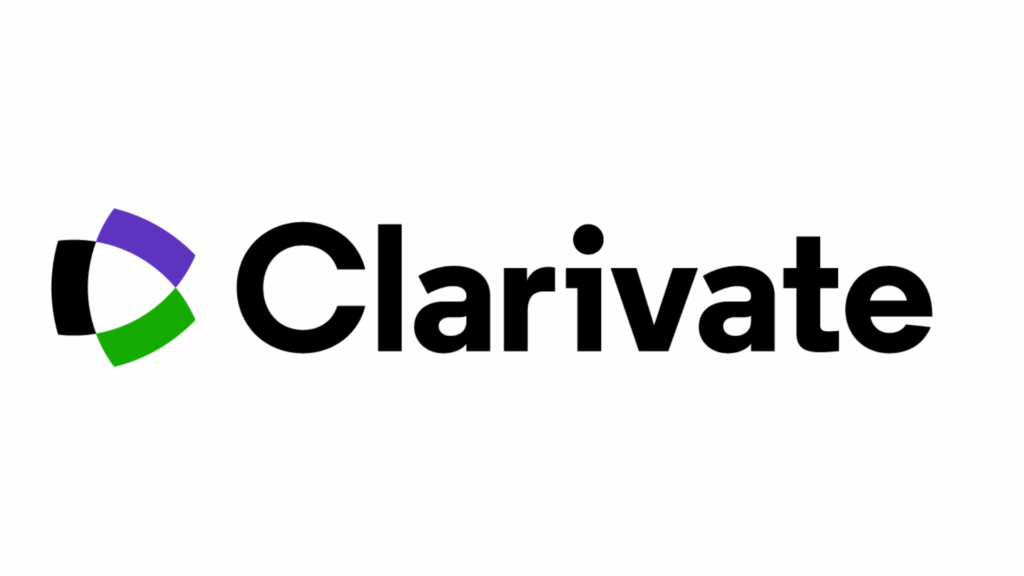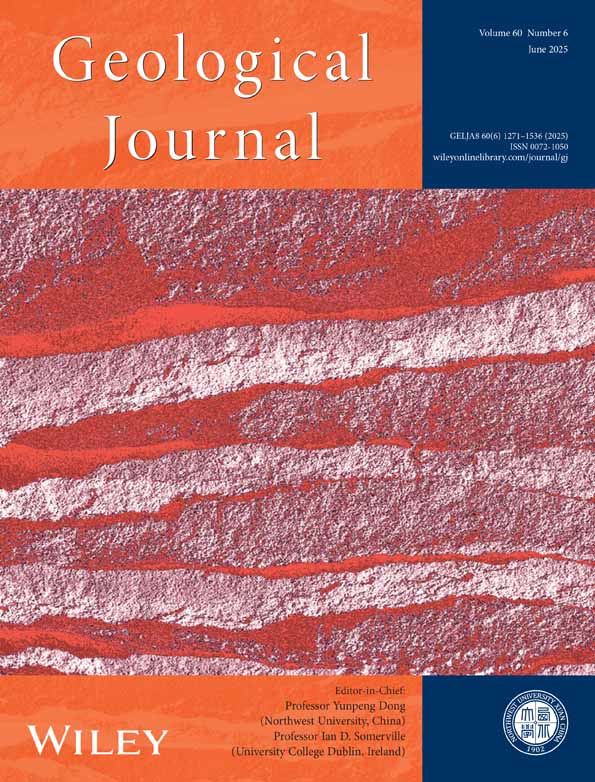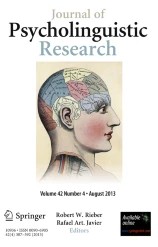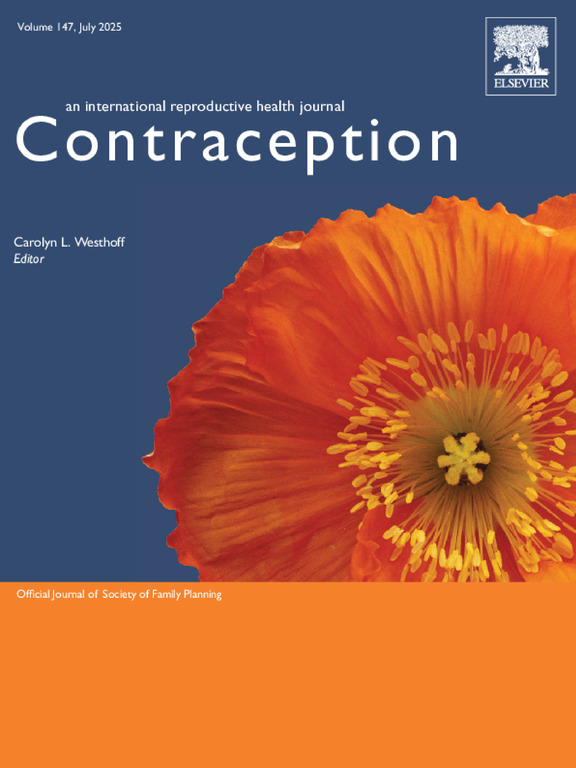Editor’s note: This guest post by Csaba Szabo is a response to a June 3 post by Mike Rossner on replication studies. We sent a draft to Rossner in advance; find his response below.
The recent guest post on Retraction Watch by Mike Rossner takes a peculiar view of reproducibility. Rossner sets the stage talking about the executive order on “restoring gold standard science” and a call from National Institutes of Health director Jay Bhattacharya for replication studies to determine “which NIH-funded research findings are reliable.” Then Dr. Rossner takes this position: “Conducting systematic replication studies of pre-clinical research is neither an effective nor an efficient strategy to achieve the objective of identifying reliable research.”
If systematic in the above statement means “universal,” then, of course, that is impossible, considering the millions of preclinical papers published every year. If, however, systematic means choosing which studies to replicate and then replicating them, then, this is, indeed possible. And this is exactly what Bhattacharya’s statement calls for: “identification of key scientific claims” that require replication. As explained below, this approach can, indeed, work in an effective and efficient manner, especially if it primarily focuses on new manuscript submissions.
Continue reading Guest post: In defense of direct replication studies (if they even need defending)






